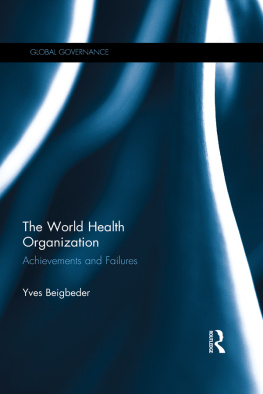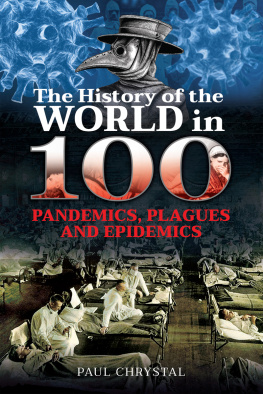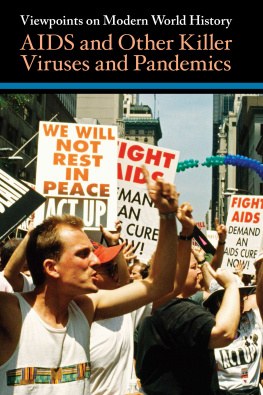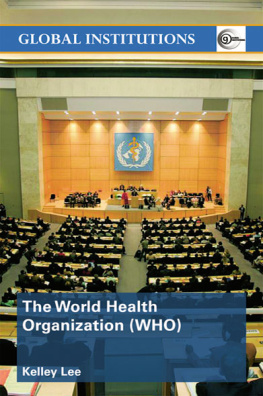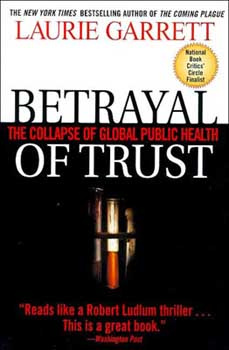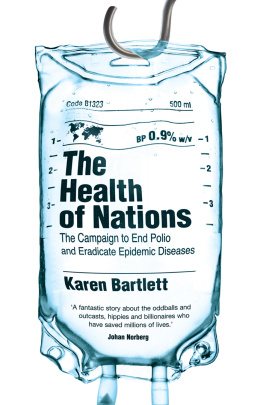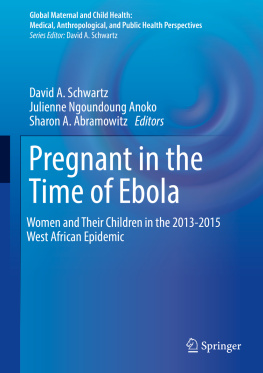The World Health Organization
The World Health Organization (WHO) is undergoing a crisis of credibility and challenge. Having been subjected to a severe financial crisis and criticisms of its management of pandemics such as the H1N1 flu case and the outbreak of Ebola, with a new Director-General at its helm, it is an ideal time to review WHOs past and current achievements, including ongoing operations and reported failures. While time is given to recurrent attacks on WHOs performance, it is balanced by also highlighting WHOs leadership, its member States and its influence on other actors, NGOs and business. As such, this study reviews WHOs actions in the most visible programmes, such as SARS, H1N1, Ebola and also smallpox, malaria, onchocerciasis, polio and AIDS. The author also discusses the desirable balance between operational and normative functions and proposals for reform of the organization.
Yves Beigbeder (Dr Public Law) has written many books and articles on international organizations, international secretariats, UN management, international criminal tribunals, international humanitarian NGOs, the WHO, international public health and business. He assisted the French judge at the Nuremberg Trial in 1946 as a legal secretary. He later worked in the Food and Agriculture Organization of the United Nations in Rome, then in WHO as a human resources and legal professional in WHO regional offices and in Geneva. After his retirement from WHO, he lectured on international organizations and WHO in universities in Geneva, Paris, St. Louis, Boston and Vancouver. He is currently legal counsel for international civil servants in Geneva in their complaints to the ILO and UN Administrative Tribunals.
Dr Beigbeder is a member of the Academic Council on the United Nations System, the Union of International Associations, Regent of the International Association for Humanitarian Medicine Brock Chisholm, a member of the Executive Committees of the Association of Former International Civil Servants, the Association of Former (WHO) Staff Members and the Association of Former International Civil Servants for Development (Greycells).
Global Governance
Series Editor: John J. Kirton
University of Toronto, Canada
Global governance is growing rapidly to meet the compounding challenges of a globalized twenty-first-century world. Many issues once dealt with largely at the local, national or regional level are now going global, in the economic, social and political-security domains. In response, new and renewed intergovernmental institutions are arising and adapting, multilevel governance is expanding, and sub-national actors are playing a greater role, and creating complex combinations and private partnerships to this end.
This series focuses on the new dynamics of global governance in the twenty-first century by:
Addressing the changes in the structure, operation and impact of individual intergovernmental institutions, above all their innovative responses to the growing global challenges they confront.
Exploring how they affect, are affected by and relate to non-state actors of global relevance and reach.
Examining the processes of cooperation, competition and convergence among international institutions and the many global governance gaps where global challenges such as terrorism, transnational crime and energy do not confront powerful international institutions devoted to their control.
Dealing with how global institutions govern the links among key issues such as climate change and health.
In all cases, it focuses on the central questions of how global governance institutions and processes generate the effective, legitimate, accountable results required to govern todays interconnected, complex, uncertain and crisis-ridden world.
See the webpage for a full list of titles: www.routledge.com/Global-Governance/ book-series/ASHSER1420
The World Health Organization
Achievements and failures
Yves Beigbeder
Accountability for Effectiveness in Global Governance
Edited by John Kirton and Marina Larionova

